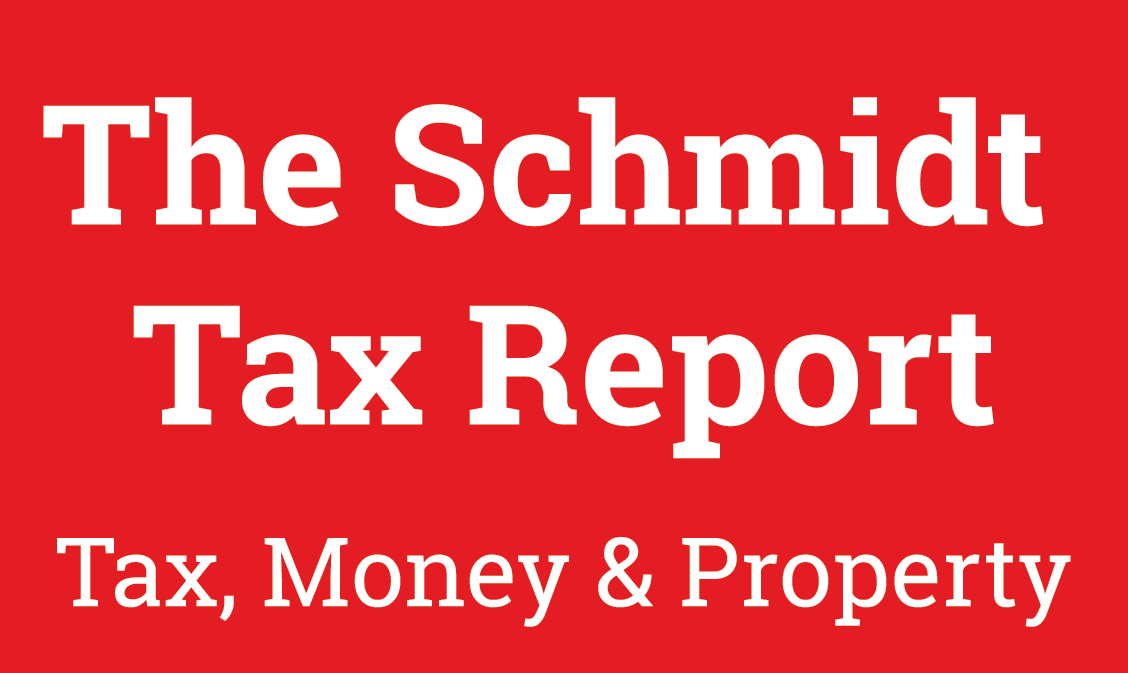If you hold investment property in your own name you may be considering transferring it into a limited company. There are various tax advantages to doing this such as the ability to claim interest relief, potential VAT advantages, and the fact that retained profits will be taxed at a lower level. There is, however, a downside. The transfer of properties into a corporate structure can potentially lead to significant tax costs. In particular, if you are a higher rate tax payer you could be hit with a 28% tax bill on the difference between what you paid for the property and its value at the point of transfer. The good news, however, is that it may be possible to claim Incorporation Relief. If you can do this then you will enjoy a tax-free uplift in the base cost of all your properties to current market value. Once your properties are within the corporate structure they can generally be sold with a corporation tax exposure of just 18% increase in their value above the rate of inflation.
HMRC allow Incorporation Relief whenever any business is transferred to a company structure in exchange for shares. There are, however, exceptions. In particular the business must trade in some way and not just hold assets. In particular, property holding companies are specifically excluded. Happily a recent court case – Elizabeth Moyne Ramsey versus Revenue and Customs Commissioners – has set a precedent that will make some property businesses eligible for Incorporation Relief
Mrs Ramsey won her claim that she should be entitled to Incorporation Relief as a result of a number of factors, including:
- Business consisted of ten, self-contained flats. In other words it was more than just one property.
- The block of flats included extensive communal areas as well as a garden, a car park and some garages.
- Mrs Ramsey carried out substantial repairs and maintenance work to the common parts and facilities. Moreover, she did it personally.
- She had one elderly tenant to whom she provided additional assistance.
- Neither Mrs Ramsey (nor her husband) had any other occupation during the relevant period.
- The fact that improvements had been made to increase the profits.
The judge ruled that: ‘The activity undertaken in respect of the property, again taken overall, was sufficient in nature and extent to amount to a business for the purposes of incorporation relief. Although each of the activities could equally well have been undertaken by someone who was a mere property investor, where the degree of activity outweighs what might normally be expected to be carried out by a mere passive investor. Even a diligent and conscientious one, that will in my judgement amount to a business.’
The net result of all of this is that anyone who can demonstrate that their business activities are equal in scope to Mrs Ramsey’s (or greater) should now be in a position to claim this valuable relief. Here are some of the things you need to do, if you, too, would like to benefit from this valuable relief:
- Try and make sure that your properties contain communal areas.
- Carry out repairs and maintenance personally.
- Try and ensure that running the property business is your only occupation.
- Actively look at ways to improve the capital value or rental yield of your property.
- Provide extra services.
One thing to watch out for, incidentally, is that as a limited company you may be expected to pay a higher rate of interest on your borrowing. You need to consider this prior to making any irrevocable decision.
Incidentally, there are other ways to use companies to save your property business tax. For example, you could set up a limited company and lease all your properties to it. Why? It will reduce your personal tax bill to nothing and will put all the profit into the company, which will be taxed at a lower level.
Another way of reducing your taxable profits is by paying management fees to a limited company that you could also own. Providing the management fees can be justified then this is an excellent way to reduce and/or postpone your tax bill.
